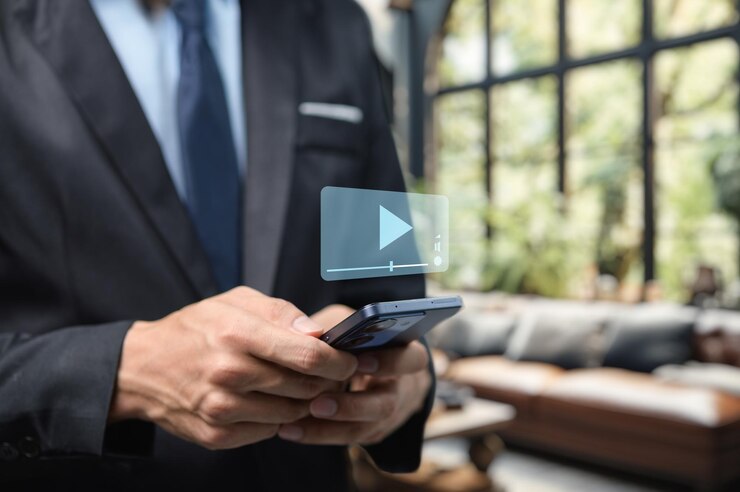
Are Video Recordings Admissible As Legal Evidence?
The Ubiquity of Video Recordings
In today's digital age, capturing life's moments is as simple as clicking a button on your smartphone. Whether you're recording a bustling street scene, catching a charming moment with your pet in your living room, or monitoring your doorstep with a security camera, video recordings have become a prevalent part of everyday life. Yet, with the ease of recording, many wonder: Can these videos be used in a legal setting? You're not alone in pondering this, as understanding the legal implications of video recordings is more crucial than ever.
Recording in Public Places: Generally Permitted
At the federal level, video recording in public areas, such as streets and parks, is generally permissible where there's no expectation of privacy. This means you can capture events as they unfold without worrying about breaching privacy laws—at least when it comes to video-only footage.
Private Spaces: A Legal Minefield
However, recording in private spaces—like restrooms, dressing rooms, or hotel rooms—without consent is illegal and can constitute a federal offense. In these settings, the expectation of privacy is high, and secret recordings can lead to severe legal repercussions.
Audio Recording: Consent Is Key
It's important to highlight that audio recordings operate under a different set of rules. Federal law requires at least one-party consent for audio capture, but many states enforce stricter all-party consent laws. This means that knowing your state's specific regulations is crucial to avoid legal pitfalls.
Workplace and Semi-Public Areas: Varying Rules
In workplaces or semi-public areas, video and, particularly, audio recordings often require consent or clear disclosure, an aspect that varies significantly with state laws. Employers and employees alike should ensure the necessary permissions are sought to prevent future legal issues.
Interstate and Multi-State Recordings: Err on the Side of Caution
For recordings that cross state lines, adhering to the strictest applicable law—typically all-party consent—is the safest route. Such diligence prevents complications that arise from differing state regulations.
The Importance of Knowing the Law
Understandably, the prevalence of technology makes recording easier than ever. Yet, navigating the legal landscape requires care and attention. State laws can impose stricter regulations than federal laws, and breaching them could result in serious penalties, both criminal and civil.
Pause and Precede with Caution
Before you hit "record," especially in private or semi-private settings, it's wise to reflect and question if you're respecting legal boundaries. Consider seeking legal advice if uncertainty looms. Professional guidance can be invaluable, ensuring you navigate these intricate laws without falling into costly mistakes.
